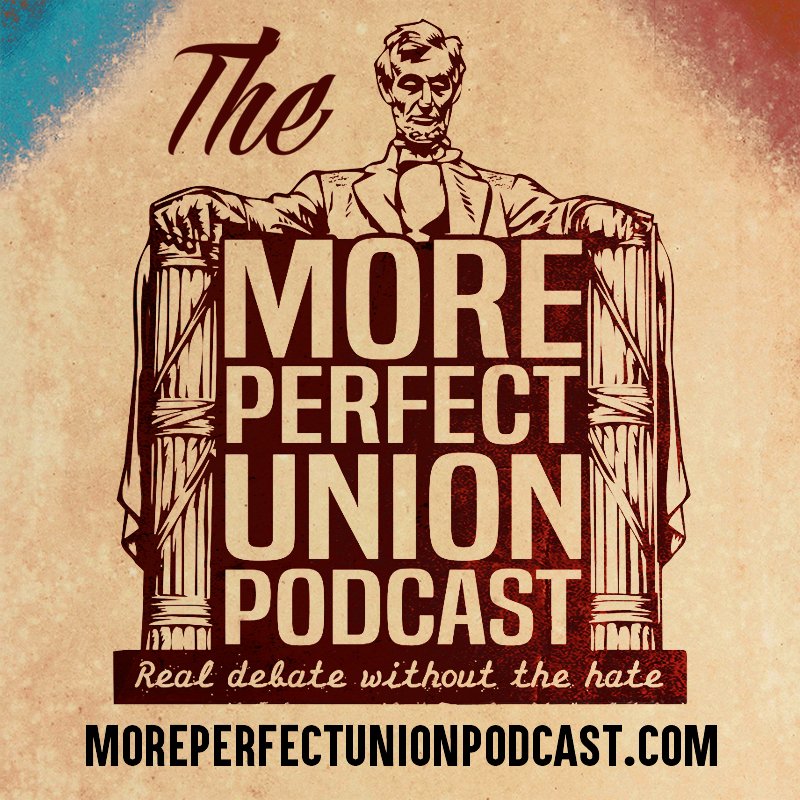Democrats Need Their Own MAGA
by Kevin Kelton
As we head into the 2018 midterm elections, it’s astounding that the national Democratic Party still has yet to formulated a coherent message to voters. While President Trump and the GOP rally around simple, bumper sticker messages like MAGA, Build The Wall, and Drain The Swamp, the Democratic party cannot form a coherent message that can appeal to both liberal voters on the coasts and midwest working-class voters. This was a critical failing of the 2016 Clinton campaign, and it will be just as damaging to Democrats going forward if the party doesn’t speak to the voters it needs to win.
Here’s a proposal for a simple, clear four plank Democratic platform to retake congress and the White House. I call it The Campaign for American Justice:
1) Healthcare justice — expanded, reasonably priced healthcare using a mixed economy approach with the goal of quality healthcare for all.
2) Economic justice — tax incentives and economic incentives to get private employers to raise wages and decrease the wealth gap; make higher education more accessible and affordable to all.
3) Social justice — working with courts and local authorities to promote racial justice and reduce violence. This includes smart gun laws and better police training to reduce accidental deaths.
4) Political justice — reducing the power of money in politics and increasing voter participation.
The overriding theme of justice was chosen because it appeals to Americans across ideologies and demographics. Instead of promoting specific programs like “medicare for all” or “guaranteed jobs” (both toxic ideas to free market conservatives), the focus should be on the goal of finding a range of bipartisan solutions to promote justice in healthcare, the wealth gap, racial and social issues, and politics.
Rather than insisting on one pre-measured legislative cure like single payer health insurance, Democrats would be better off to identify the problems we face as a nation and offer a variety of proposals to solve them. “Drain the Swamp” isn’t a policy, it’s a goal. So is “Make America Great Again.” Even the seemingly specific “Build a Wall” is a euphemism for the goals of a stronger border, cultural hegemony, and economic security.
People want to vote for ideas that reinforce the good in America. They don’t need a position paper on each issue with cost breakdowns and detailed legislative language. Tell them what you stand for, and give them a reason to stand for it, too.
And without saying it explicitly, a campaign for “American justice” suggests a counter-balance to the corruption and lack of candor that is the hallmark of the Trump White House. A subliminal message that Democrats will stand for a better America, a fairer America, a just America.
Whether it be the Campaign for American Justice or another theme, Democrats need to start branding their party now so voters fed up with Trumpism have something to vote for in November.
Kevin Kelton is a cohost of The More Perfect Union podcast and founder of Open Fire Politics on Facebook.










